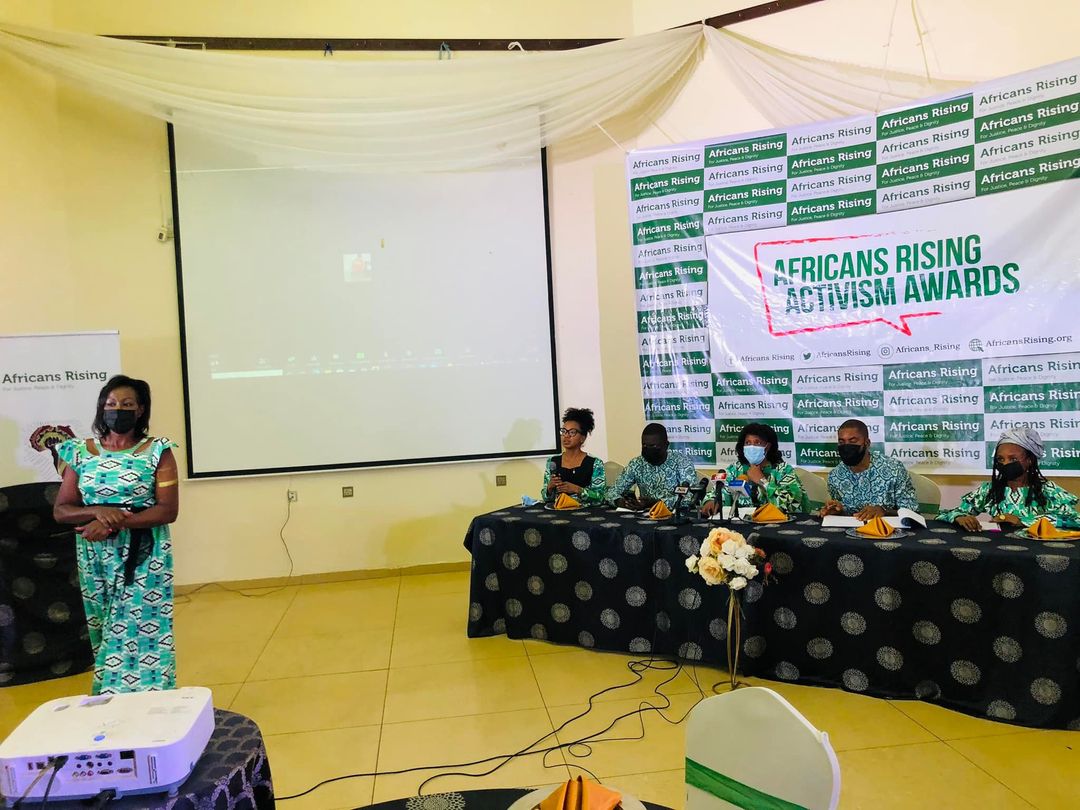Better living for humanity founded on value for human lives lie at the core of truly great economies of the world; while effective planning and monitored execution over continued improvement steps drives great eventual outputs, whether in organizations or governments. Countries all across the world have sought ways, through partnerships, to build great societies for their citizenry. The write-up focuses on a survey-type research to rank countries of the world in order to determine best in quality of life from a tech view point.
Moreover, it became evident that at the center of sustained development and innovative processes in these countries, technological expertise was one of the most important attributes the nation can possess. Itemphasized on both skill and knowledge acquisition. Also noteworthy, was the obvious fact that skills developed in technology are often in very high demand, and one area where supply still hasn’t matched the demand in many developing economies. We concluded that Nigeria has a chance at building something out of what we currently have by following the paths of top countries doing amazing work through a deliberate leverage on tech.
Technological expertise stood out asone of 10 attributes used to develop the Entrepreneurship sub-ranking in the2021 Best Countries Report. The conversation was premised on a study that surveyed more than 17,000 people from across the globe on a set of 76 country attributes (terms that can be used to describe a country and that are also relevant to the success of a modern nation) were identified. Participants, on the research survey-type work, assessed how closely they associated an attribute with a nation.The calculation culminated into the overall ranking score and the country attributes that were examined are listed below. Scores were allotted by putting weights within each sub–ranking, whichdiffered slightly from previous years, as the values were related with more recent gross domestic product data.Sub-rankings used, weight percentages and underlying attributes considered include:
1. Agility (14.18%) contained attributes such as adaptable, dynamic, modern, progressive, and responsive – with top 5 countries in order as United States, Australia, Canada, Germany and Singapore. Worth noting, was the realization that technology proliferation made the agility quality easy to notice in the top 5 listed countries as it simplified feedback loops and hitherto cumbersome processes that could frustrate individuals and organizations within such countries;
2. Entrepreneurship (14.16%) had attributes like connected to the rest of the world, educated population, entrepreneurial, innovative, provides easy access to capital, skilled labor force, technological expertise, transparent business practices, well-developed infrastructure, well-connected digital infrastructure, andwell-developed legal framework – with top 5 countries in order as Japan, Germany, United States, United Kingdom and South Korea. This attribute was comparatively broad-based and heavily rested on how most of them had used technology to connects people with value (information and services) and processes to ensure transparency and repeatability. Nigerian entrepreneurs and government must collaborate to do same towards a better nation;
3. Quality of Life (13.88%), a good job market, affordable, economically stable, family friendly, income equality, politically stable, safe, well-developed public education system, and well-developed public health system – with top 5 countries in order as Canada, Denmark, Sweden, Norway, and Switzerland. The leading country in this category, Canada, had its entire health system and job market computerized for ease of monitoring and administration. Nigeria can take a cue from this to create a more predictable and ethically sound system by implementing technology solutions across cumbersome areas like health, education, job market and safety – more startups will definitely be needed;
4. Movers (13.87%): different, distinctive, dynamic, and unique – with top 5 countries in order as United Arab Emirates, India, Egypt, Singapore and China. UAE is indeed unique and super innovative with a great deal of dynamism demonstrated. Nigeria can learn from how the best countries in each category have leveraged on technology infrastructure to transform their economies, especially peoples’ perception;
5. Social Purpose (12.23%): cares about human rights, cares about the environment, gender equality, religious freedom, respects property rights, trustworthy, well-distributed political power, racial equity, cares about animal rights, committed to climate goals, and committed to social justice– with top 5 countries in order as Canada, Denmark, New Zealand, Sweden and Netherlands. I tried to imagine the position Nigeria will occupy on this sub-ranking, and concluded that we really needed to up our game to truly be ranked among the best countries of the world as this attribute contributed over 12 percent to the overall ranking;
6. Cultural Influence (10.45%): culturally significant in terms of entertainment, fashionable, happy, has an influential culture, has strong consumer brands, modern, prestigious, trendy – with top 5 countries in order as Italy, France, United States, United Kingdom, and Japan. There is definitely so much to glean from Italy and France in this area, as a lot of startups need to grow into strong brands especially in the fashion space, by leveraging on tech platforms, while servicing local potentials and providing exports for global consumers;
7. Open for Business (9.42%): included cheap manufacturing costs, favorable tax environment, not bureaucratic, not corrupt, transparent government practices – with top 5 countries in order as Switzerland, Panama, Canada, Denmark and Sweden. Excelling becomes a lot easier when ladders are leaning on the right wall, and it is evident that “opening prayer at meetings” alone won’t cover up for corrupt and shady practices or lack of a plan;
8. Power (6.09%): a leader, economically influential, has strong exports, politically influential, strong international alliances, and a strong military – with top 5 countries in order as United States, China, Russia, Germany and United Kingdom. This outward focused responsibility-laden sub-category made me realize that we definitely have a lot of work to do, if we must score a good mark on this sub-ranking in subsequent years based on peoples’ views across the globe;
9. Adventure (3.79%): friendly, fun, good for tourism, pleasant climate, scenic, sexy – with top 5 countries in order as Brazil, Italy, Spain, Greece and Thailand. It dawned on me that we have so much the world needs to experience of our fine and diverse culture and our tourism needed to start exploring the many new possibilities that tech helps us create for the global playing field. Augmented and Virtual Reality superposed on an Artificially Intelligent tour drone guide system will definitely help;
10. Heritage (1.93%): culturally accessible, has a rich history, has great food, many cultural attractions, many geographical attractions – with top 5 countries in order as Spain, Italy, Greece, France and Mexico. It is a tiny fraction, however, so much is possible with deliberate efforts to build great brands to showcase our diverse and rich bouquet of food, languages and history.
It was observed that a country’s overall score showed the weighted summationof its sub–ranking scores. The sub–ranking and overall scores were rescaled in such a way that the leadcountry in each sub-category got a value of 100, while others scaled as a proportion of the top score. Each country’s scores were then ranked in descending order.
Advertisement
Furthermore, for countries to spread prosperity to citizens, governments and organizations must support one another to enable them compete globally in the digital age (the so-called Fourth Industrial Revolution).
In conclusion, there are a few things we can learn from the country that stood at the top of entrepreneurship (second sub-ranking), Japan (with a GDP of $5.06 trillion, and population of 126m people), which had over the years remains one of the world’s most literate and technologically advanced counties. Located in East Asia, Japan is composed of four main islands and mostly covered by mountains and heavily wooded areas. The country’s citizenry lead a distinctly urban lifestyle.
Some top Japanese tech companies include:
Advertisement
SoftBank Group, with a $188.26 b revenue, NTT Docomo with $114.18 b, NTT at $100.76 b, and KDDI at $72.78 b in revenue. Moreover, on a general note, countries are a reflection of how much value they are able to create within their space and for the rest of the world. Those who focused more on delivering value across the globe have prospered way more than those more focused on consumption alone. Japan exported a total of about $696B in 2019, and $660B in 2020 (despite covid-19 pandemic); making it the number 4 exporter in the world. Over afive-year period, reported exports of Japan have changed by $4.98B from $691B in 2014 to $696B in 2019. This numbers definitely could not have been achieved by mere wishes but concerted efforts. Worthy of note, is the fact that Japanese technology trade exports by business enterprises were valued at 3.66 trillion Japanese yen (about 32.2 b USD) in fiscal year 2019, down by 5.4 percent compared to the previous fiscal year. Around 74.1 percent of the export value derived from overseas parent or subsidiary companies. Major export destinations in the measured time period were the United States, China, Thailand, and the United Kingdom.And a lot of these destination countries want consistency with production and superior quality, which meant Japan was able to attain such feat through a dedication to consistent top quality production. Nigeria can definitely glean so much from the Japanese culture that focuses on honoring their families, which culminated into great honor for the country. I remain committed to conversations that further on the foregoing and thank you for your time investment, yours in tech, Olufemi Ariyo.
Email: [email protected]
Add a comment





